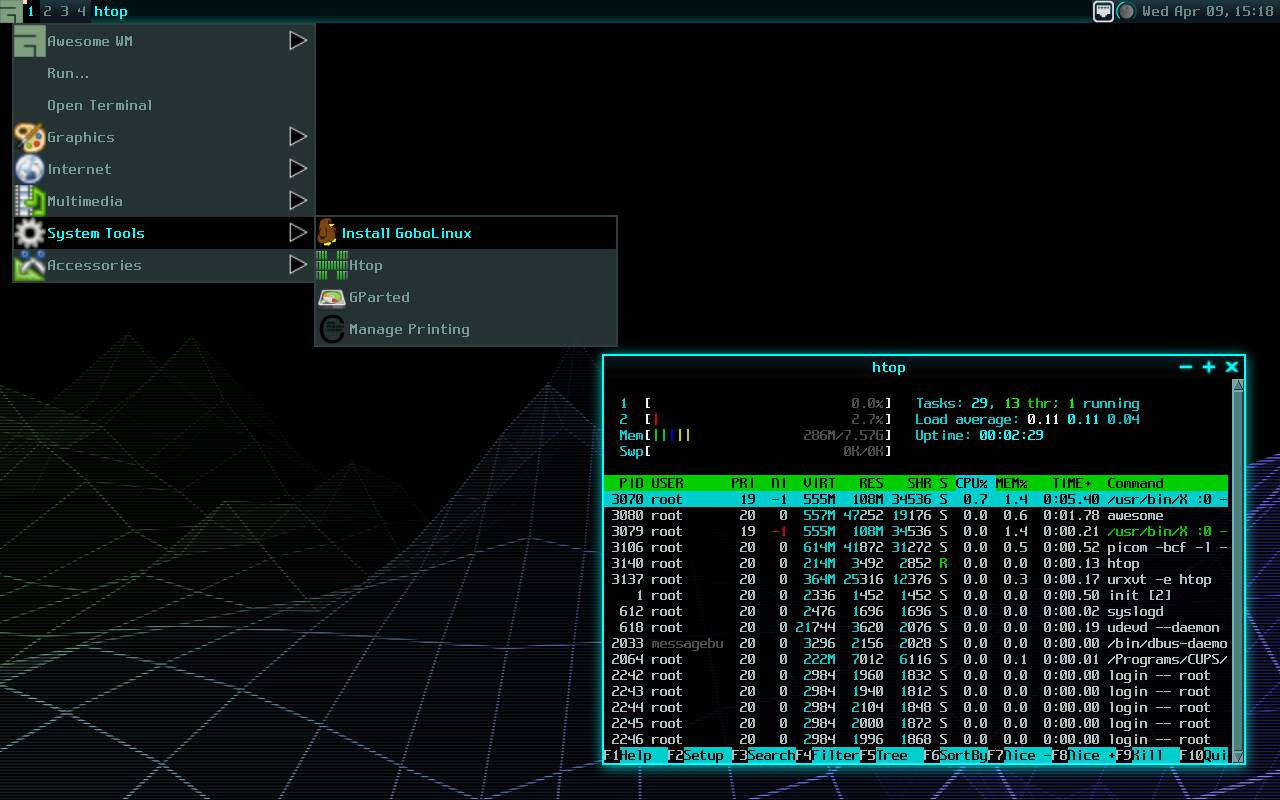From Reactive to Proactive: The Rise of Agentic AI in Modern Applications
Generative AI course in Bengaluru offerings are rapidly gaining traction, and it’s no surprise—India’s growing reputation as a global tech innovation hub has made cities like Bengaluru central to the AI revolution. With its bustling IT corridors, start-up ecosystem, and renowned educational institutions, Bengaluru is now the beating heart of AI development in India. But there’s a new wave sweeping through this space—one that is pushing the boundaries of how artificial intelligence works and interacts with the world. This next leap is called Agentic AI. What is Agentic AI? Traditionally, AI systems have been reactive—they respond to inputs, follow commands, and work within predefined boundaries. Think of a chatbot answering queries or a recommendation engine suggesting products. While impressive, these systems are fundamentally passive. They don’t set goals, make plans, or act with autonomy. Enter Agentic AI. Agentic AI represents a shift from passive systems to intelligent, proactive agents. These AI agents don’t just wait for instructions; they take initiative, make decisions, plan actions, and even collaborate with other agents or humans to achieve goals. They embody a level of autonomy previously only imagined in science fiction. An agentic system is designed not just to "do" but to "think and act"—to analyze situations, determine objectives, and execute plans in dynamic environments. In essence, they behave more like intelligent collaborators than tools. Why Now? The rise of agentic AI has been fueled by a convergence of several factors: Advancements in Machine Learning: Foundation models like GPT-4, Claude, and Gemini have provided the language and reasoning capabilities necessary to power autonomous agents. Emergence of Multi-modal AI: With AI now capable of understanding images, videos, and even audio, the potential for real-world applications has exploded. Demand for Efficiency: Businesses increasingly need systems that reduce the need for constant human supervision and can dynamically respond to ever-changing environments. Increased Computing Power: Modern cloud platforms and GPUs have made it feasible to run these complex models at scale. Applications of Agentic AI Across Industries Agentic AI isn't just a buzzword—it’s already transforming real-world industries across India and globally: Customer Support and Service Instead of responding to tickets reactively, agentic AI can proactively monitor customer behavior and reach out before problems even occur. For example, an AI agent might notice erratic usage patterns on a software platform and send personalized troubleshooting steps before the user files a complaint. Healthcare Imagine an AI health agent that monitors patient vitals in real-time and alerts doctors proactively about potential health issues, or coordinates appointments and follow-ups based on a patient's lifestyle and historical health records. Education In e-learning platforms, agentic AI can track students' progress, identify weak areas, and design customized study plans—acting almost like a personal tutor who adapts in real time. Finance From portfolio management to fraud detection, agentic AI can make real-time decisions, monitor markets, and alert users about investment opportunities or risks without being prompted. Smart Cities With Indian cities like Bengaluru embracing smart infrastructure, agentic AI could manage traffic, optimize energy usage, or coordinate emergency services autonomously. Bengaluru: India’s AI Powerhouse Bengaluru’s ecosystem is uniquely suited to foster the development and deployment of agentic AI systems. With a perfect blend of tech giants, innovative startups, academic research, and governmental support, the city has become a testbed for the latest advancements in AI. Major firms in Bengaluru are already integrating agentic AI into their operations—whether it’s automating supply chains, enhancing cyber security, or developing next-gen virtual assistants. The talent pool is also growing, with numerous upskilling opportunities now focused on this frontier of AI. One of the best ways to stay ahead in this fast-moving domain is by enrolling in a Generative AI course in Bengaluru, where learners not only master foundational models but also explore how these models fuel agentic systems capable of reasoning, planning, and acting independently. The Evolution from Tools to Collaborators One of the defining traits of agentic AI is its ability to behave like a collaborator rather than a machine. These systems can set their own goals within given parameters and adjust their strategies based on changing conditions. This makes them ideal for complex, dynamic environments—especially those with high uncertainty and limited human bandwidth. Consider the case of autonomous research agents. These AI agents can explore large datasets, form hypotheses, test them through simulations, and even recommend the next steps in a scientific inquiry—all without direct

Generative AI course in Bengaluru offerings are rapidly gaining traction, and it’s no surprise—India’s growing reputation as a global tech innovation hub has made cities like Bengaluru central to the AI revolution. With its bustling IT corridors, start-up ecosystem, and renowned educational institutions, Bengaluru is now the beating heart of AI development in India. But there’s a new wave sweeping through this space—one that is pushing the boundaries of how artificial intelligence works and interacts with the world. This next leap is called Agentic AI.
What is Agentic AI?
Traditionally, AI systems have been reactive—they respond to inputs, follow commands, and work within predefined boundaries. Think of a chatbot answering queries or a recommendation engine suggesting products. While impressive, these systems are fundamentally passive. They don’t set goals, make plans, or act with autonomy. Enter Agentic AI.
Agentic AI represents a shift from passive systems to intelligent, proactive agents. These AI agents don’t just wait for instructions; they take initiative, make decisions, plan actions, and even collaborate with other agents or humans to achieve goals. They embody a level of autonomy previously only imagined in science fiction.
An agentic system is designed not just to "do" but to "think and act"—to analyze situations, determine objectives, and execute plans in dynamic environments. In essence, they behave more like intelligent collaborators than tools.
Why Now?
The rise of agentic AI has been fueled by a convergence of several factors:
Advancements in Machine Learning: Foundation models like GPT-4, Claude, and Gemini have provided the language and reasoning capabilities necessary to power autonomous agents.
Emergence of Multi-modal AI: With AI now capable of understanding images, videos, and even audio, the potential for real-world applications has exploded.
Demand for Efficiency: Businesses increasingly need systems that reduce the need for constant human supervision and can dynamically respond to ever-changing environments.
Increased Computing Power: Modern cloud platforms and GPUs have made it feasible to run these complex models at scale.
Applications of Agentic AI Across Industries
Agentic AI isn't just a buzzword—it’s already transforming real-world industries across India and globally:
Customer Support and Service
Instead of responding to tickets reactively, agentic AI can proactively monitor customer behavior and reach out before problems even occur. For example, an AI agent might notice erratic usage patterns on a software platform and send personalized troubleshooting steps before the user files a complaint.Healthcare
Imagine an AI health agent that monitors patient vitals in real-time and alerts doctors proactively about potential health issues, or coordinates appointments and follow-ups based on a patient's lifestyle and historical health records.Education
In e-learning platforms, agentic AI can track students' progress, identify weak areas, and design customized study plans—acting almost like a personal tutor who adapts in real time.Finance
From portfolio management to fraud detection, agentic AI can make real-time decisions, monitor markets, and alert users about investment opportunities or risks without being prompted.Smart Cities
With Indian cities like Bengaluru embracing smart infrastructure, agentic AI could manage traffic, optimize energy usage, or coordinate emergency services autonomously.
Bengaluru: India’s AI Powerhouse
Bengaluru’s ecosystem is uniquely suited to foster the development and deployment of agentic AI systems. With a perfect blend of tech giants, innovative startups, academic research, and governmental support, the city has become a testbed for the latest advancements in AI.
Major firms in Bengaluru are already integrating agentic AI into their operations—whether it’s automating supply chains, enhancing cyber security, or developing next-gen virtual assistants. The talent pool is also growing, with numerous upskilling opportunities now focused on this frontier of AI.
One of the best ways to stay ahead in this fast-moving domain is by enrolling in a Generative AI course in Bengaluru, where learners not only master foundational models but also explore how these models fuel agentic systems capable of reasoning, planning, and acting independently.
The Evolution from Tools to Collaborators
One of the defining traits of agentic AI is its ability to behave like a collaborator rather than a machine. These systems can set their own goals within given parameters and adjust their strategies based on changing conditions. This makes them ideal for complex, dynamic environments—especially those with high uncertainty and limited human bandwidth.
Consider the case of autonomous research agents. These AI agents can explore large datasets, form hypotheses, test them through simulations, and even recommend the next steps in a scientific inquiry—all without direct human input. They are transforming the pace of innovation.
In enterprises, agentic AI can manage projects, delegate tasks to other agents or humans, and ensure goals are met on time and under budget. It’s like having a virtual project manager that never sleeps.
Challenges Ahead
While the potential of agentic AI is enormous, there are still hurdles to overcome:
Ethical concerns about autonomous decision-making.
Transparency in how agents make decisions.
Security risks, especially if agents are compromised or manipulated.
Human-AI collaboration, ensuring that agents augment rather than replace human judgment.
Addressing these challenges will require cross-disciplinary collaboration—combining AI research, ethics, law, and human-centered design.
Future Outlook: Where Are We Headed?
Agentic AI is not just a passing trend. It’s a fundamental shift in how we build and interact with intelligent systems. As more industries adopt these agents, the demand for skilled professionals who understand their architecture, behavior, and deployment will skyrocket.
In India, and particularly in Bengaluru, we are seeing a rising demand for professionals who can harness this technology responsibly and creatively. Whether you're a developer, business strategist, or researcher, now is the time to understand the agentic AI landscape and stake your claim in its future.
If you're looking to deep dive into this transformative field and learn how to build intelligent agents that think and act autonomously, consider enrolling in a leading Agentic AI Course in Bengaluru to get ahead of the curve and become a pioneer in the next generation of AI innovation.










































































































































































![[The AI Show Episode 143]: ChatGPT Revenue Surge, New AGI Timelines, Amazon’s AI Agent, Claude for Education, Model Context Protocol & LLMs Pass the Turing Test](https://www.marketingaiinstitute.com/hubfs/ep%20143%20cover.png)





























































































































![From Accountant to Data Engineer with Alyson La [Podcast #168]](https://cdn.hashnode.com/res/hashnode/image/upload/v1744420903260/fae4b593-d653-41eb-b70b-031591aa2f35.png?#)




































































































.png?#)













































































































































![Apple Watch SE 2 On Sale for Just $169.97 [Deal]](https://www.iclarified.com/images/news/96996/96996/96996-640.jpg)

![Apple Posts Full First Episode of 'Your Friends & Neighbors' on YouTube [Video]](https://www.iclarified.com/images/news/96990/96990/96990-640.jpg)
































































































































